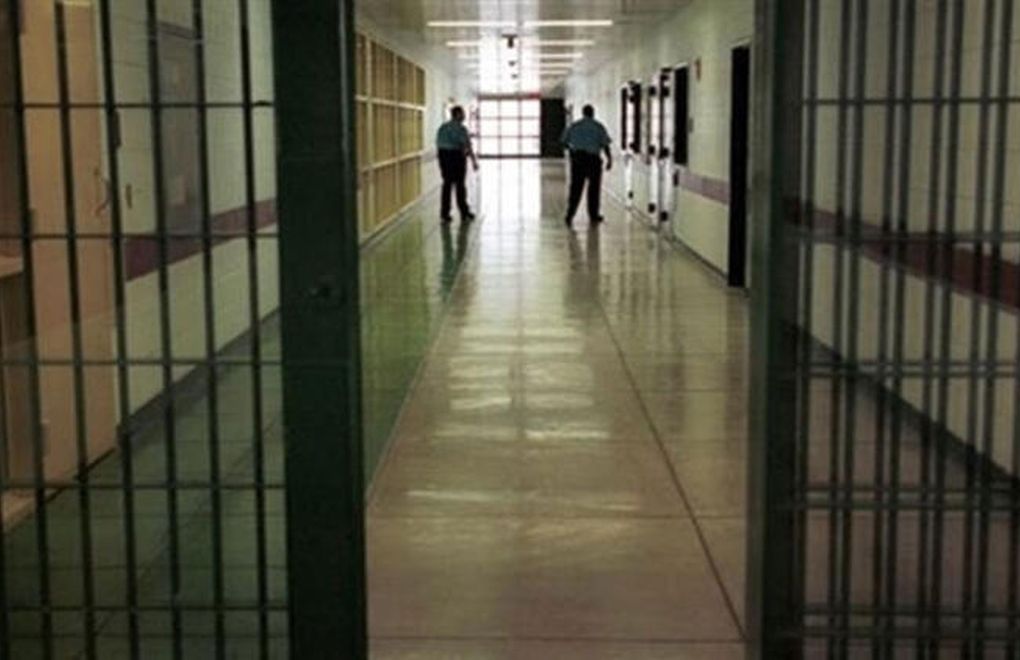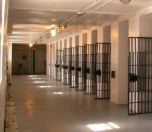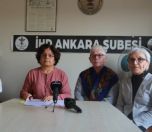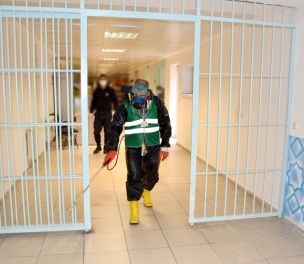* Photo: Anadolu Agency (AA)
Click to read the article in Turkish
The Association of Lawyers for Freedom (ÖHD) İstanbul Branch Prison Commission has prepared a report on the violations of rights committed in the prisons of the Marmara Region in April-May-June.
The quarterly report covers the situation in the following prisons: Edirne Type F, Tekirdağ No. 1 Type F, Tekirdağ No. 2 Type F, Tekirdağ No. 1 Type T, Tekirdağ No. 2 Type T, Silivri No. 5 Type L, Silivri No. 1 Closed, Bakırköy Women's, Metris Type R, Maltepe No. 1 Type L, Gebze Women's, Kandıra No. 1 Type F, Kandıra No. 2 Type F, Düzce Type T, Bolu Type F.
'They are denied their right of visitation'
Some highlights from the ÖHD report are as follows:
"It was recounted that especially the newly transferred prisoners were subjected to the imposition of strip search in the Bakırköy Women's Prison in İstanbul; when the prisoners objected, they were threatened by women wardens who said, 'We will call the male wardens.'
"It was indicated that the prisoners who were arrested and taken to the Edirne Type F Prison were subjected to strip search.
"It was reported that the prisoners taken from the Edirne Type F Prison to hospital and courthouse were forced to be handcuffed twice and one of the handcuffs was put on the soldier waiting beside the prisoners and that there was a wire net in ventilations of some wards.
"In Bolu Type F Prison, prisoners were reportedly allowed to get fresh air in the open for only four hours a day in violation of the legal regulations.
"In line with the decisions taken by the Justice Ministry and the Directorate General of Penal Institutions, contact visitations have not been held since March 2020. As for the non-contact visitations, they have been limited to two people twice a month since June 2021.
"We were informed that the prisoners who were held in the Bolu Type F Prison's quarantine ward were not allowed to have family visitations.
"Prisoners have not been allowed to engage in activities in common spaces such as talks and sports for over a year now.
"We were informed that the prisoners who were referred from the Maltepe No. 1 Type L Prison to hospital were not tested for the novel coronavirus (COVID-19) upon their return to the prison, these people were only quarantined for 14 days; the prisoners' requests for going to the sickroom were stalled by the administration, they could go to the sickroom under difficult conditions; there were sometimes disruptions in providing the chronically ill patients with their medicine, they were sometimes given generic drugs by the sickroom personnel.
"We were informed that in the Gebze Women's Prison, prisoners were not referred to a hospital, except for emergencies, due to the pandemic; when they were referred to a hospital, their transfer and treatment were done in handcuffs and when the handcuffs were imposed on prisoners during their treatment, they did not accept it; upon their return from hospital, prisoners were quarantined for 14 days and for this reason, prisoners could not take this risk and could not go to a hospital; the nurse came to the doors of the wards and took petitions from prisoners about their diseases, prisoners were taken to the sickroom depending on their conditions and when it was very urgent and severe, they could contact the sickroom doctor by phone.
"In the Bakırköy Women's Prison, a prisoner named Dilek Öz had her foot broken in April; however, it was reported that the quarantine conditions were poor and lasted longer than necessary, she was not in a state to take care of herself on her own, she was not allowed to have a hospital attendant and she did not go to a hospital for this reason.
"Lastly, on the day when this report was shared with the public, it had been 251 days since the indefinite-rotating hunger strikes began in prisons on November 27 with the aim of ending the isolation of [imprisoned Kurdistan Workers' Party (PKK) leader] Abdullah Öcalan and protesting the mounting violations of rights. While the number of people joining the protest varies from one prison to the other, groups of two-three prisoners on average go on 15-day hunger strikes by taking turns." (EMK/SD)








